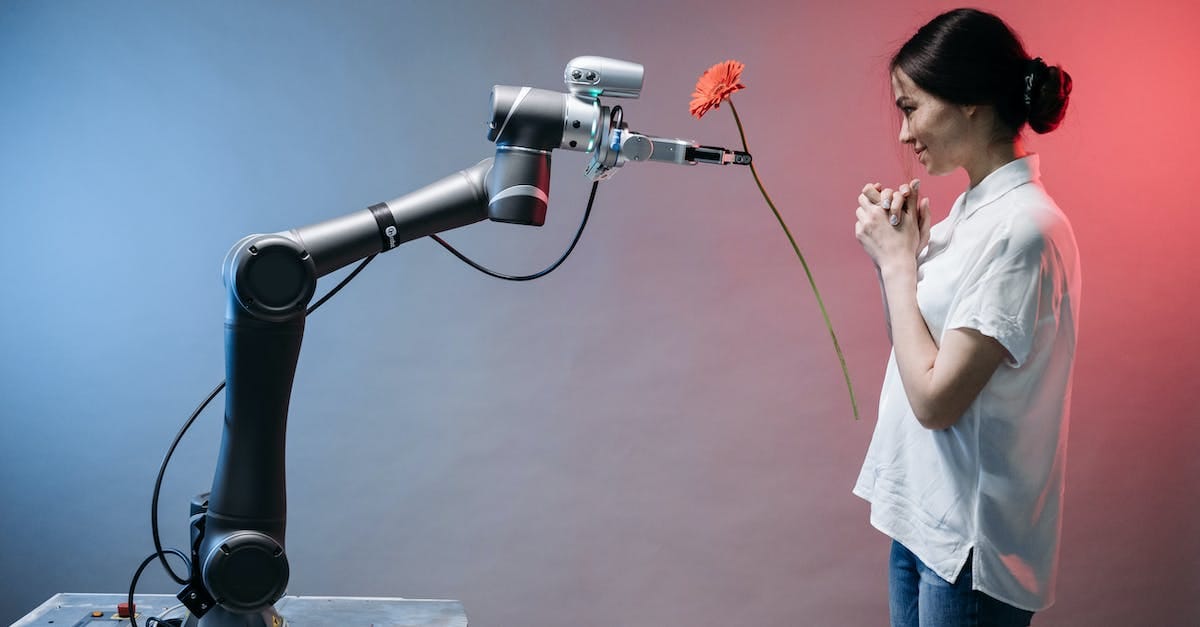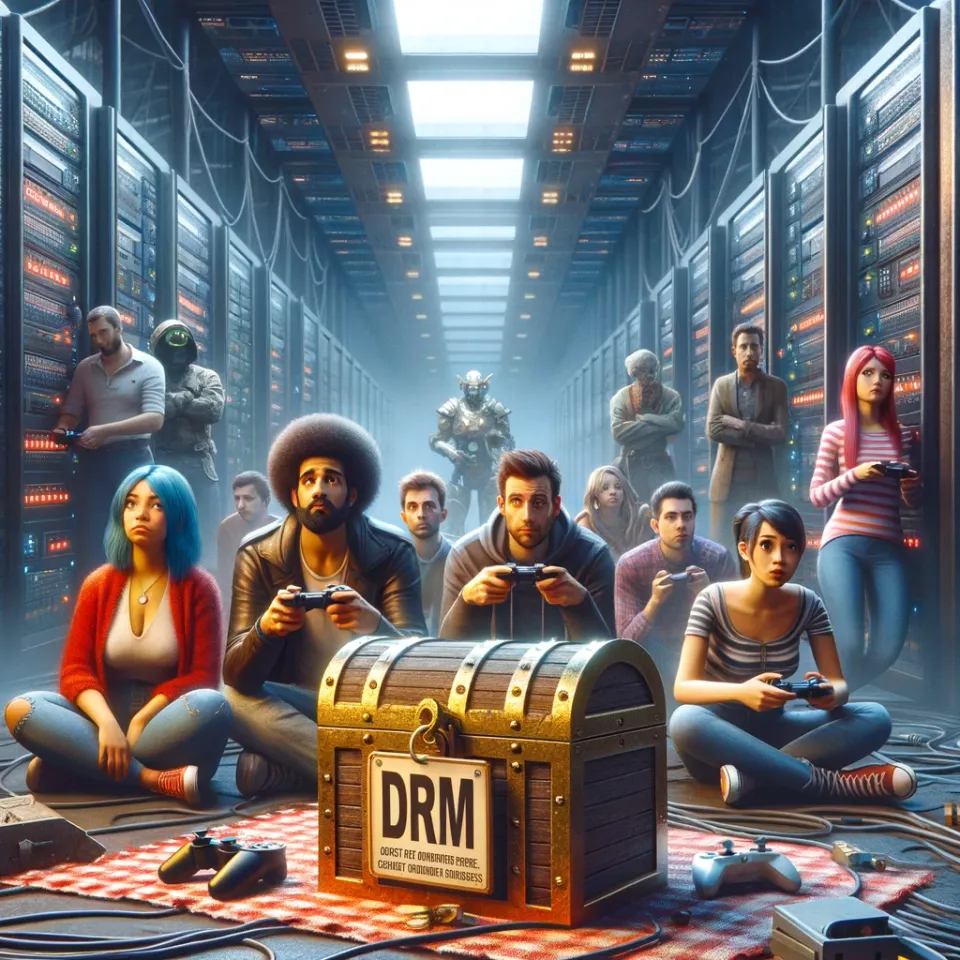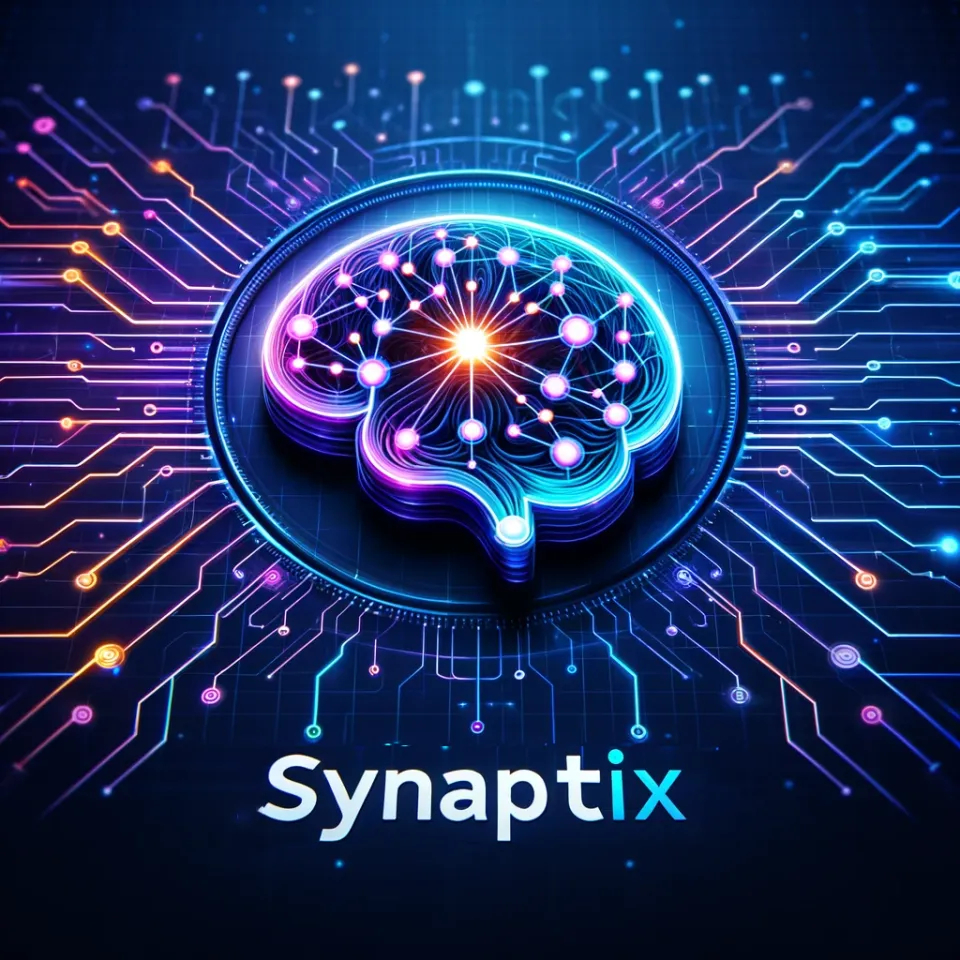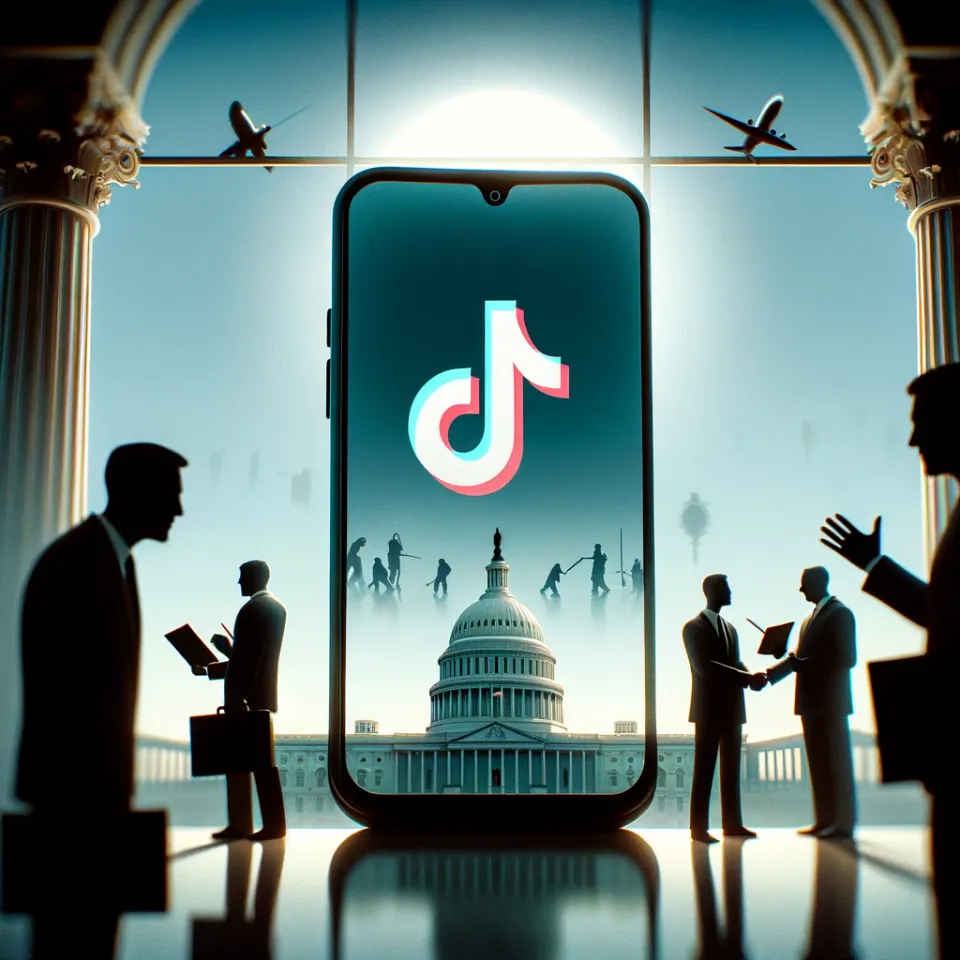Urgent Call for AI Regulation: Halting Unchecked Development to Safeguard the Future

Introduction:
In recent years, the rapid advancements in artificial intelligence (AI) technology have sparked concerns about the potential risks associated with its unregulated development. Experts, including renowned physicists and AI researchers, argue that the absence of oversight puts our economy, society, and lives at serious jeopardy. This article explores the urgent need for AI safety standards and the growing movement calling for a halt on unchecked AI development to pave the way for responsible innovation and protect our shared future.
Title 1: The Race to the Bottom: A Dangerous Path
The Race to the Bottom:
Professor Max Tegmark, an esteemed physicist and AI researcher at the Massachusetts Institute of Technology (MIT), has been a vocal advocate for responsible AI development. Tegmark emphasizes that unless immediate action is taken, we are witnessing a dangerous “race to the bottom” that must be halted. In April, he organized an open letter signed by thousands of tech industry figures, including Elon Musk and Steve Wozniak, calling for a six-month suspension of giant AI experiments.
Title 2: AI Models with Unprecedented Power: A Cause for Concern
Unprecedented Power of AI Models:
In a recent policy document, 23 leading AI experts, including pioneers Geoffrey Hinton and Yoshua Bengio, expressed deep concern over the unbridled development of exceptionally powerful AI models. These models, predicted to emerge within the next 18 months, are expected to surpass current capabilities by multiple orders of magnitude. With no regulation to curb their potential, these mega-models pose a significant risk to society.
Title 3: Licensing and Halted Development: Keys to Responsible AI Advancement
The Urgent Need for Licensing and Halted Development:
To address the escalating risks posed by highly capable AI models, the experts argue for government intervention. Licensing the development of exceptionally capable models and, if necessary, imposing halts on their progress, are among the proposed measures. By implementing these safeguards, governments can ensure that developments in AI technology remain within acceptable frameworks and not violate the boundaries of human control.
Title 4: Government Oversight: Bolstering Safety Measures for AI Innovation
Boosting Safety Measures:
The policy document further highlights the importance of government-enforced information security measures and access controls. A robust system that can withstand the efforts of state-level hackers is essential to protect against potential abuses of powerful AI models. The authors stress that strict regulation is indispensable to countering the risks associated with artificial general intelligence—an advanced system capable of outperforming humans in various tasks.
Title 5: AI Risk and Climate Crisis: Comparable Urgency
AI Risk and Climate Crisis:
The urgency surrounding AI regulation is deemed comparable to that of the climate crisis. The chief of Google DeepMind, one of the world’s most prominent AI research institutions, believes that the risks AI poses to humanity warrant the same level of seriousness as the environmental challenges we face today. This perspective underscores the need for immediate action to develop comprehensive regulations that prevent the uncontrolled growth of AI systems.
Conclusion:
As AI technology continues to evolve at an unprecedented pace, it is crucial to address the risks associated with its unregulated development. Experts from diverse disciplines recognize the need for AI safety standards and government oversight to ensure responsible innovation. By implementing licensing procedures, imposing halts on development, and bolstering information security measures, we can protect our shared future and avoid the potential pitfalls of unchecked AI advancement. It is imperative that we adopt a proactive approach to harness the immense potential of AI while prioritizing the well-being of society at large.




